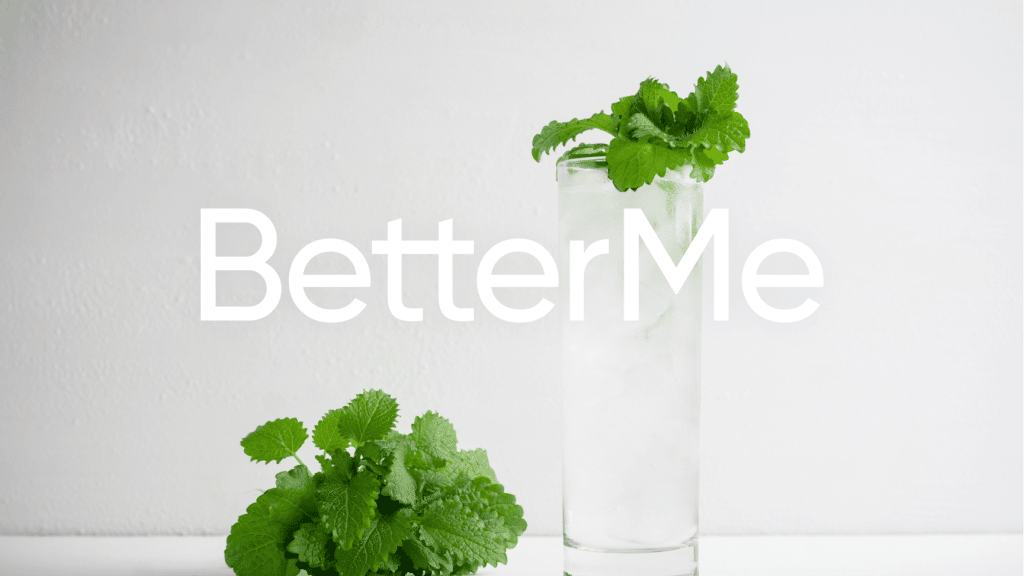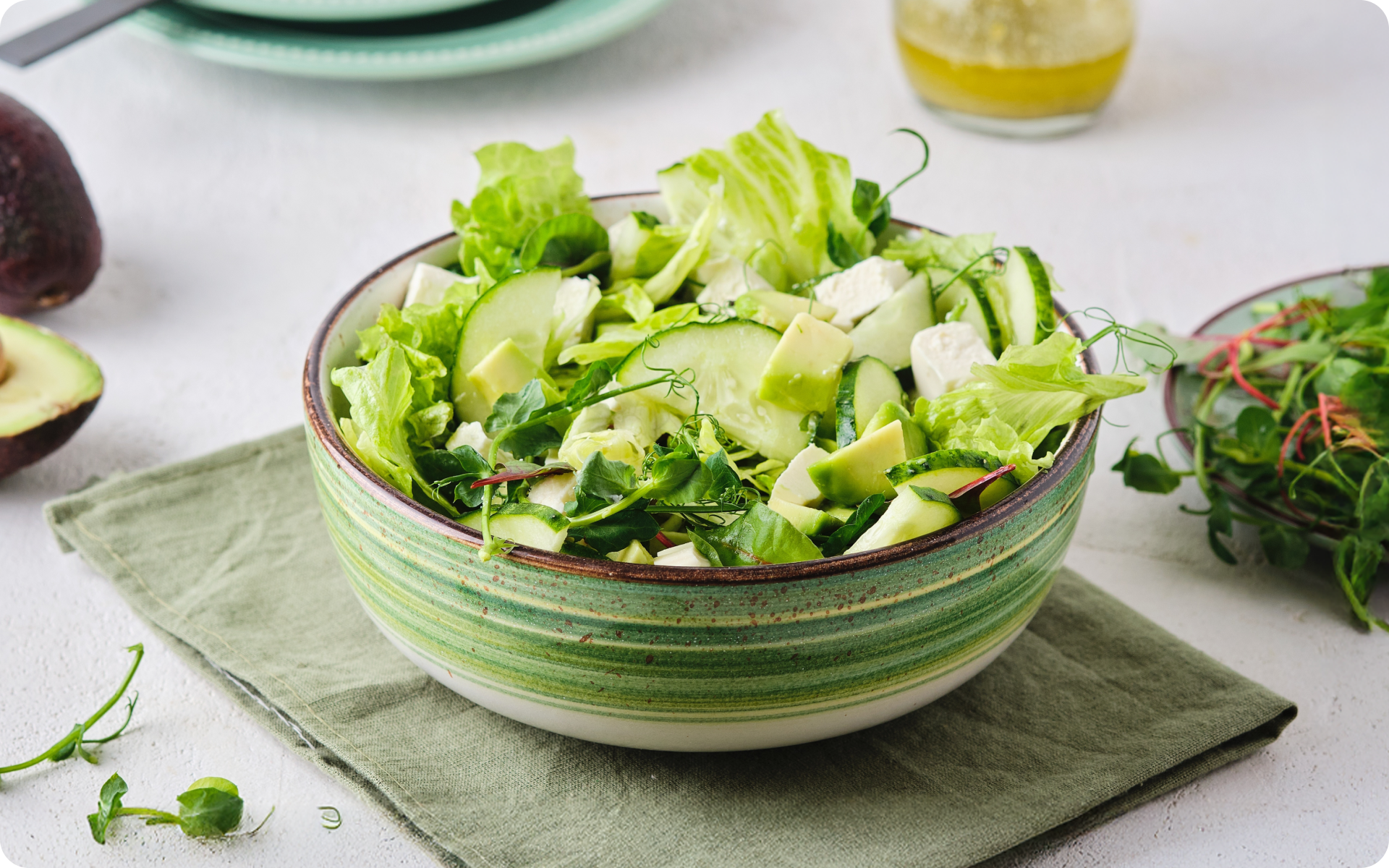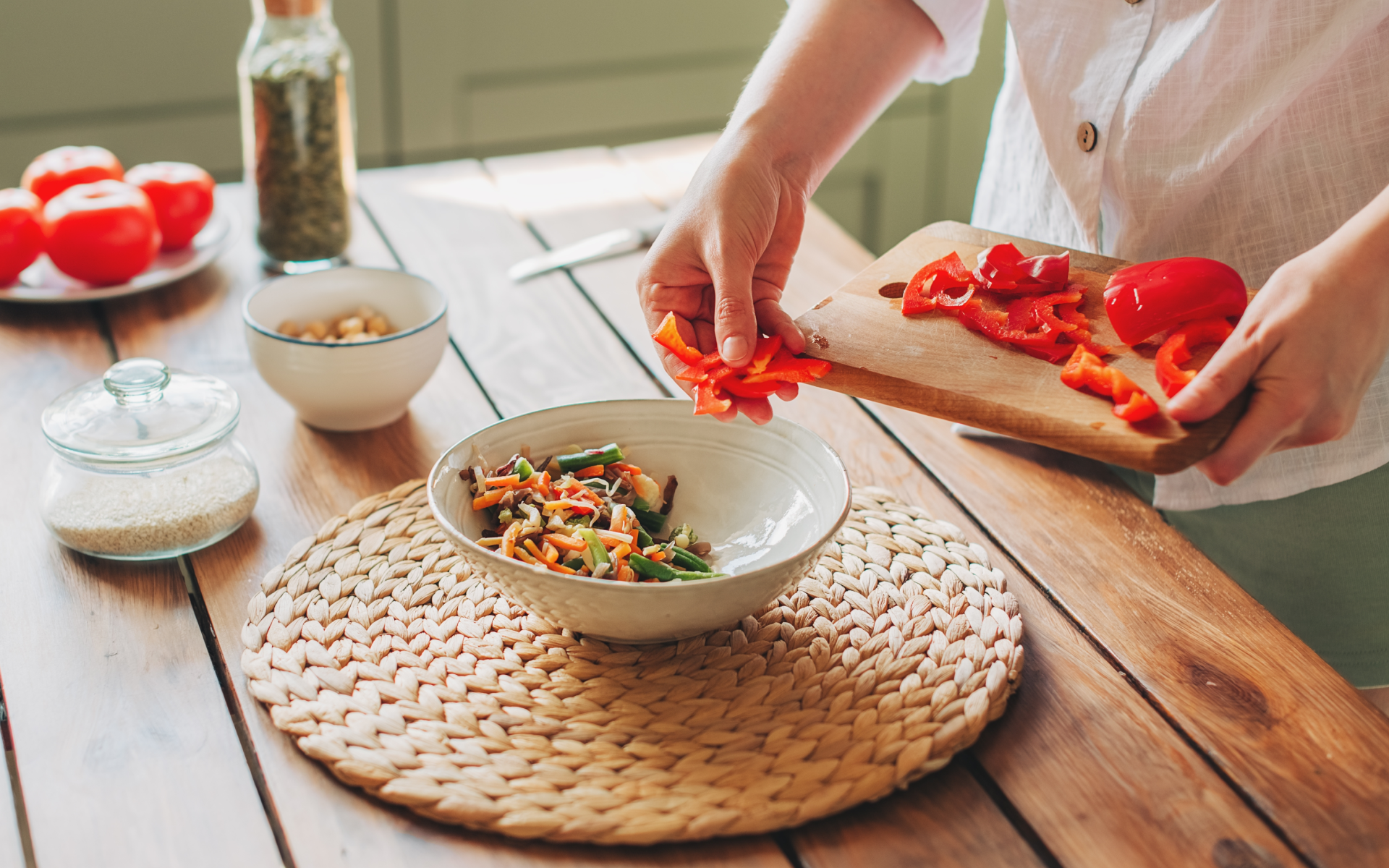The benefits of the keto diet are widely documented—weight loss, increased energy levels, and improved mental clarity are just a few of the advantages of ketosis.
Get your personalized
meal plan!
But like any diet or lifestyle change, there can be some downsides to the keto diet. One of the more common side effects is dehydration. Another is electrolyte imbalance which shows up as leg cramps, headaches, and fatigue (1).
In this article we’ll explore how much water you should be drinking on keto, and how to avoid dehydration and electrolyte imbalance.
Why Is Drinking Water On Keto Important?
Dehydration on the keto diet is caused by a combination of factors. First, when you cut carbs out of your diet, your body loses its main source of energy. This can lead to fatigue and make it harder to stay hydrated.
In addition, the keto diet causes your body to excrete more water than usual. This is because when your body burns fat for energy, it produces ketones. These ketones are then excreted through your urine, which can lead to increased urination and dehydration.
Your body has electrolytes like sodium, potassium, and magnesium that it needs to function properly. The keto diet is low-sodium, which can lead to electrolyte imbalance and further dehydration (2).
Read More: Keto Breakfast Casserole Recipe Ideas
How Much Water Should You Drink On Keto?
The general rule of thumb is to drink eight 8-ounce glasses of water per day. However, you may need to drink more water than this if you’re on the keto diet.
Aim to drink half your body weight in ounces of water per day. So, if you weigh 160 pounds, you should drink 80 ounces of water per day.
You may also want to consider investing in a quality electrolyte supplement. This will help replenish the electrolytes that you’re losing through increased urination and sweating.
Pink Himalayan salt is a good option, as it contains 84 minerals and electrolytes. You don’t need too much, just a pinch added to your water each day.
BetterMe app will provide you with a host of fat-frying fitness routines that’ll scare the extra pounds away and turn your body into a masterpiece! Get your life moving in the right direction with BetterMe!
Tips For Staying Hydrated On Keto
In addition to drinking plenty of water, there are a few other things you can do to stay hydrated on keto:
- Eat plenty of low-carb vegetables, which are high in water content. Good choices include broccoli, cucumber, and zucchini.
- Drink unsweetened tea or coffee.
- Avoid alcohol, which can dehydrate you.
If you’re struggling to drink enough water, try adding a squeeze of lemon or lime for flavor. You can also make yourself a keto-friendly electrolyte drink by adding a pinch of salt and potassium to your water.
Read More: Keto Hamburger Recipes (Bun Or No Bun)
The Bottom Line
Dehydration is a common side effect of the keto diet. To avoid it, make sure you’re drinking plenty of water and eating enough low-carb vegetables. You may also want to consider investing in a quality electrolyte supplement.
DISCLAIMER:
This article is intended for general informational purposes only and does not serve to address individual circumstances. It is not a substitute for professional advice or help and should not be relied on for making any kind of decision-making. Any action taken as a direct or indirect result of the information in this article is entirely at your own risk and is your sole responsibility.
BetterMe, its content staff, and its medical advisors accept no responsibility for inaccuracies, errors, misstatements, inconsistencies, or omissions and specifically disclaim any liability, loss or risk, personal, professional or otherwise, which may be incurred as a consequence, directly or indirectly, of the use and/or application of any content.
You should always seek the advice of your physician or other qualified health provider with any questions you may have regarding a medical condition or your specific situation. Never disregard professional medical advice or delay seeking it because of BetterMe content. If you suspect or think you may have a medical emergency, call your doctor.
SOURCES:
- Advantages and Disadvantages of the Ketogenic Diet: A Review Article (2020, nih.gov)
- Water and Electrolytes (1989, nih.gov)








